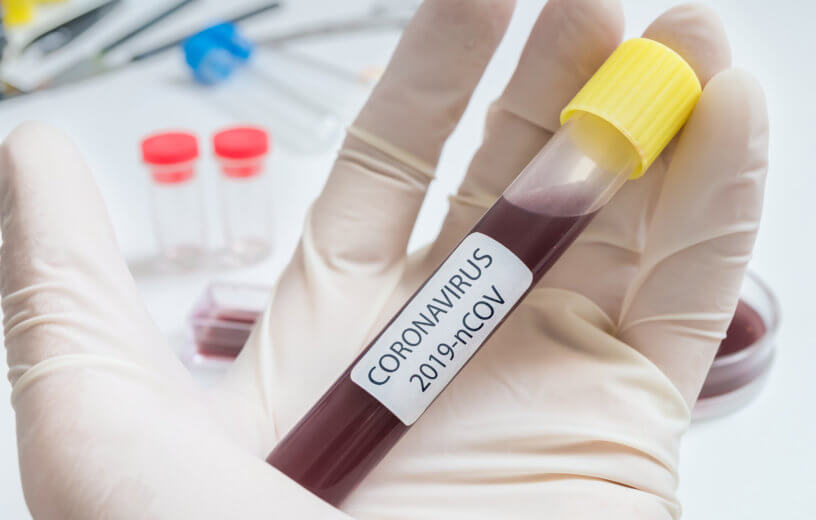EVANSTON, Ill. — A new study conducted at Northwestern University concludes that vitamin D may be an essential ingredient to protecting oneself from the coronavirus. The research team discovered a strong correlation between vitamin D deficiencies and mortality rates.
According to the study, the lower the vitamin D levels present in a patient’s body, the more likely that person will develop severe symptoms and complications.
Data used in this study encompassed numerous hospitals from all over the world, including China, France, Italy, South Korea, and the United States, among others. They found that patients in countries with higher mortality rates, such as Italy and Spain, usually had lower vitamin D levels than patients in other nations. However, the study’s authors caution that vitamin D certainly isn’t a cure for coronavirus, and more research on this matter is needed before any definitive recommendations can be made.
“While I think it is important for people to know that vitamin D deficiency might play a role in mortality, we don’t need to push vitamin D on everybody,” says Northwestern’s Vadim Backman, the study’s lead author, in a release. “This needs further study, and I hope our work will stimulate interest in this area. The data also may illuminate the mechanism of mortality, which, if proven, could lead to new therapeutic targets.”
Backman decided to investigate vitamin D in regards to COVID-19 after noticing the drastic differences in fatality rates between countries. There are already many theories attempting to explain these disparities, from the median age of local populations to healthcare quality, but Backman and his team didn’t believe these explanations.
“None of these factors appears to play a significant role,” Backman explains. “The healthcare system in northern Italy is one of the best in the world. Differences in mortality exist even if one looks across the same age group. And, while the restrictions on testing do indeed vary, the disparities in mortality still exist even when we looked at countries or populations for which similar testing rates apply.”
“Instead, we saw a significant correlation with vitamin D deficiency,” he states.
All of the data used for this study was publicly available, and an in-depth analysis revealed a correlation between vitamin D levels and cytokine storm (a form of hyper-inflammation due to an overactive immune system). A relationship between vitamin D and mortality rates among COVID-19 patients was noted as well.
“Cytokine storm can severely damage lungs and lead to acute respiratory distress syndrome and death in patients,” says Ali Daneshkhah, a postdoctoral research associate in Backman’s laboratory and the study’s first author. “This is what seems to kill a majority of COVID-19 patients, not the destruction of the lungs by the virus itself. It is the complications from the misdirected fire from the immune system.”
So, the research team believe vitamin D is helpful against COVID-19 because it simultaneously boosts our existing immune systems while also preventing new immune responses from going over board.
“Our analysis shows that it might be as high as cutting the mortality rate in half,” Backman says. “It will not prevent a patient from contracting the virus, but it may reduce complications and prevent death in those who are infected.”
Interestingly, this theory also explains why children seem to be much more immune to severe COVID-19 cases. Kids’ immune systems aren’t fully formed, and aren’t nearly as reactive to pathogens as adult immune responses. It’s this muted immune response that may actually be helping children, at least when it comes to COVID-19.
Just like with anything else, one can have too much vitamin D as well. The study’s authors caution not to take excessive doses of vitamin D, or anything else, in pursuit of coronavirus immunity.
“It is hard to say which dose is most beneficial for COVID-19,” Backman concludes. “However, it is clear that vitamin D deficiency is harmful, and it can be easily addressed with appropriate supplementation. This might be another key to helping protect vulnerable populations, such as African-American and elderly patients, who have a prevalence of vitamin D deficiency.”
The study is published in medRxiv.
Like studies? Follow us on Facebook!
